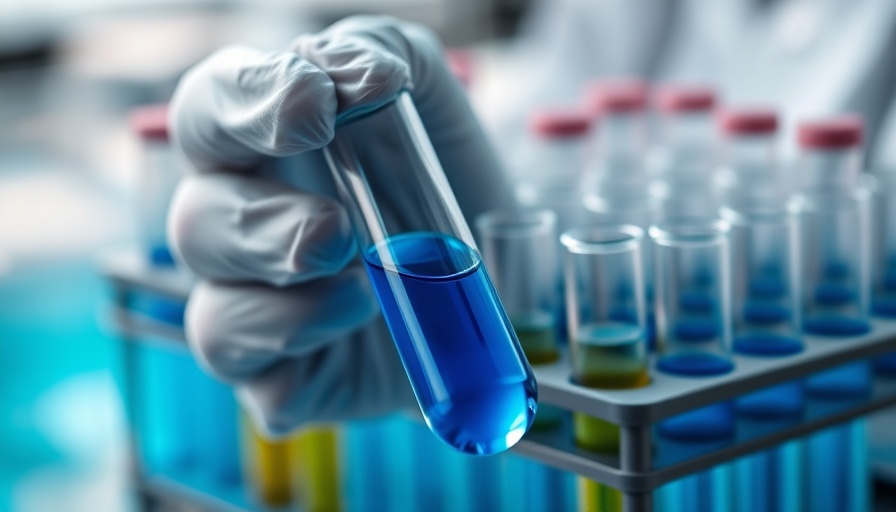
Harnessing AI Innovation in Scientific Research
Microsoft's recent announcement at its Build 2025 conference has sparked significant interest in how artificial intelligence (AI) could change the landscape of scientific discovery. The tech giant unveiled Microsoft Discovery, a new platform that promises to enhance the scientific process by integrating agentic AI technology. According to Microsoft, this platform will revolutionize how researchers approach challenges, from formulating hypotheses to running simulations, thereby accelerating the pace of discovery in various scientific fields.
Can AI Truly Transform Scientific Inquiry?
AI's potential to accelerate scientific inquiry has garnered attention from major players in the industry, including Google, which introduced the idea of an "AI co-scientist" designed to assist in hypothesis generation and research planning. Firms like Anthropic and OpenAI have also claimed that AI can massively enhance scientific discovery, particularly in critical fields such as medicine. Despite this optimism, many scientists remain skeptical about AI's ability to reliably guide the scientific process due to its unpredictable nature.
The Riddle of AI Reliability in Science
One of the ongoing challenges in leveraging AI for science lies in the vast number of confounding factors that can affect research outcomes. While AI may offer substantial support in streamlining processes and managing vast data sets, its effectiveness in out-of-the-box problem-solving—which is crucial for making groundbreaking discoveries—has yet to be proven. Past attempts to utilize AI in research, such as Google's GNoME, which purportedly helped synthesize 40 new materials, have resulted in findings that were later discredited, raising questions about the reliability of AI-generated innovations.
The Broader Picture: Current Failures and Future Aspirations
Concerns regarding the limitations of AI in scientific discovery are further underscored by the experiences of companies like Exscientia and BenevolentAI, which have faced notable setbacks in clinical trials. These instances highlight the critical need for further refinement and testing of AI-powered research tools. Scientists often argue that while AI can assist in narrowing options and identifying potential avenues for exploration, its lack of depth in critical analysis may hinder substantial breakthroughs.
Embracing the Future of Scientific Discovery
Despite these challenges, Microsoft aims to overcome previous AI disappointments by providing a platform that emphasizes collaboration between human researchers and specialized AI agents. With supercomputing capabilities and cutting-edge AI technology, Microsoft Discovery seeks to drive scientific results rapidly and accurately. It exemplifies a growing trend towards the integration of digital technologies in research, urging researchers to reevaluate their perspectives on AI's role in expanding the horizons of science.
The Human Factor: Collaboration between AI and Researchers
Understanding that AI in scientific contexts is not a one-size-fits-all solution is essential. Researchers can harness AI's capabilities to eliminate mundane tasks, allowing more room for creativity and innovation in the scientific process. Thus, while AI could play a pivotal role in speeding up elements of research, it is the collaboration between human ingenuity and machine efficiency that holds the most promise for the future.
Conclusion: The Road Ahead for AI in Science
As we delve deeper into the relationship between technology and scientific discovery, it becomes evident that the road ahead is one filled with both challenges and opportunities. While there is no denying the potential of AI to contribute positively to scientific research, caution and a collaborative approach are paramount. Microsoft aims to lead this revolution, encouraging a holistic embrace of AI in research that nurtures both technological and human intellect.
 Add Row
Add Row  Add
Add 



Write A Comment